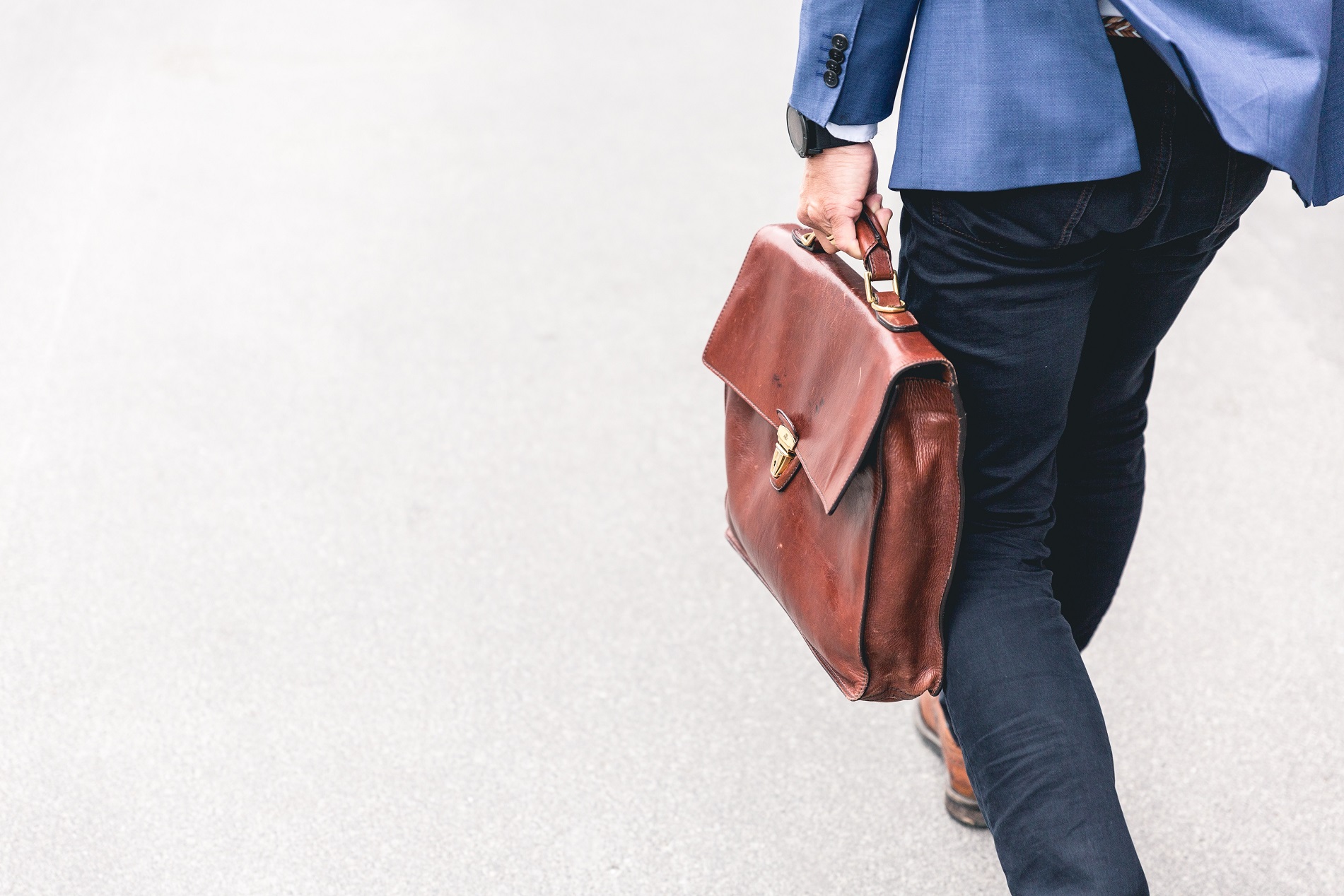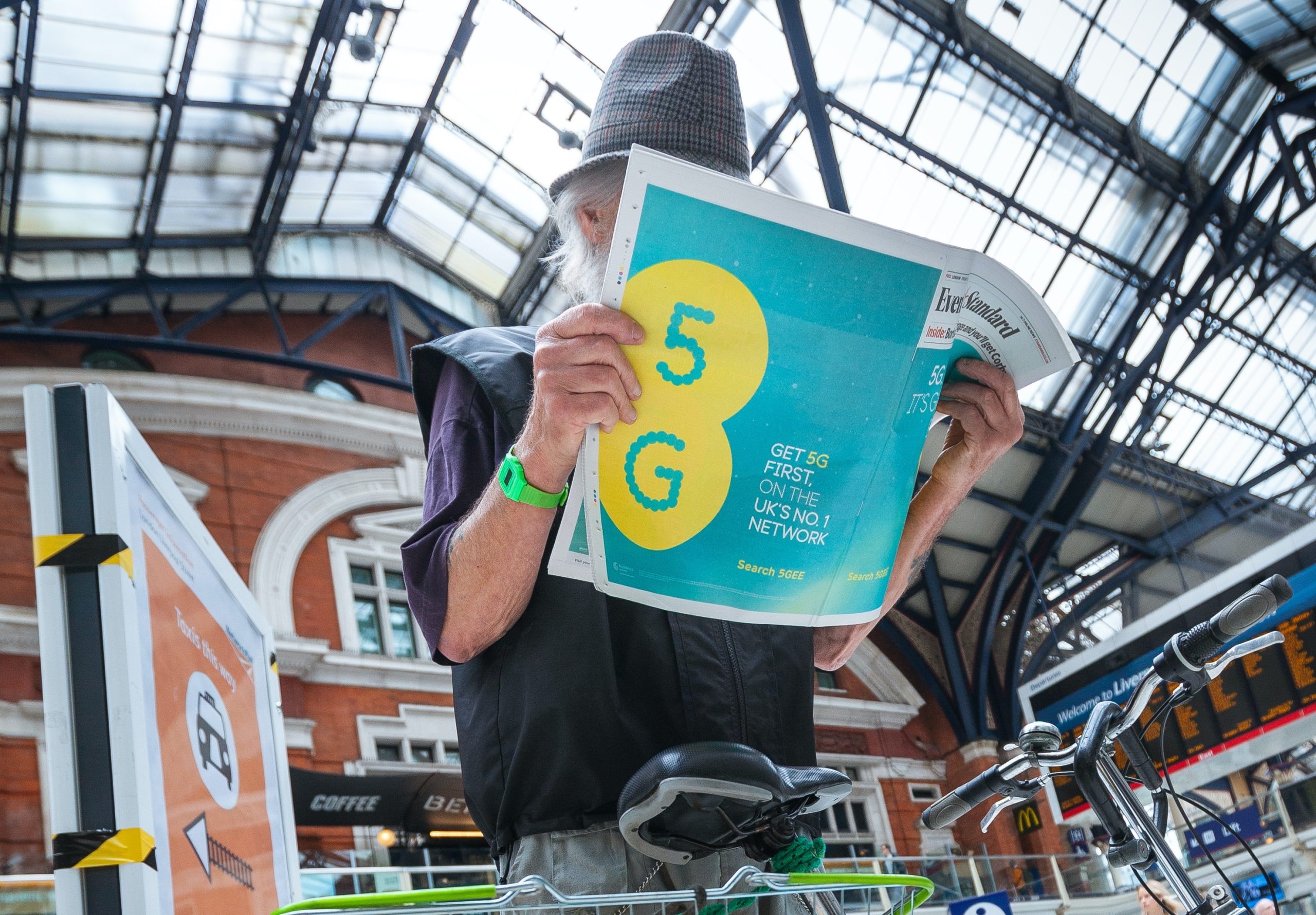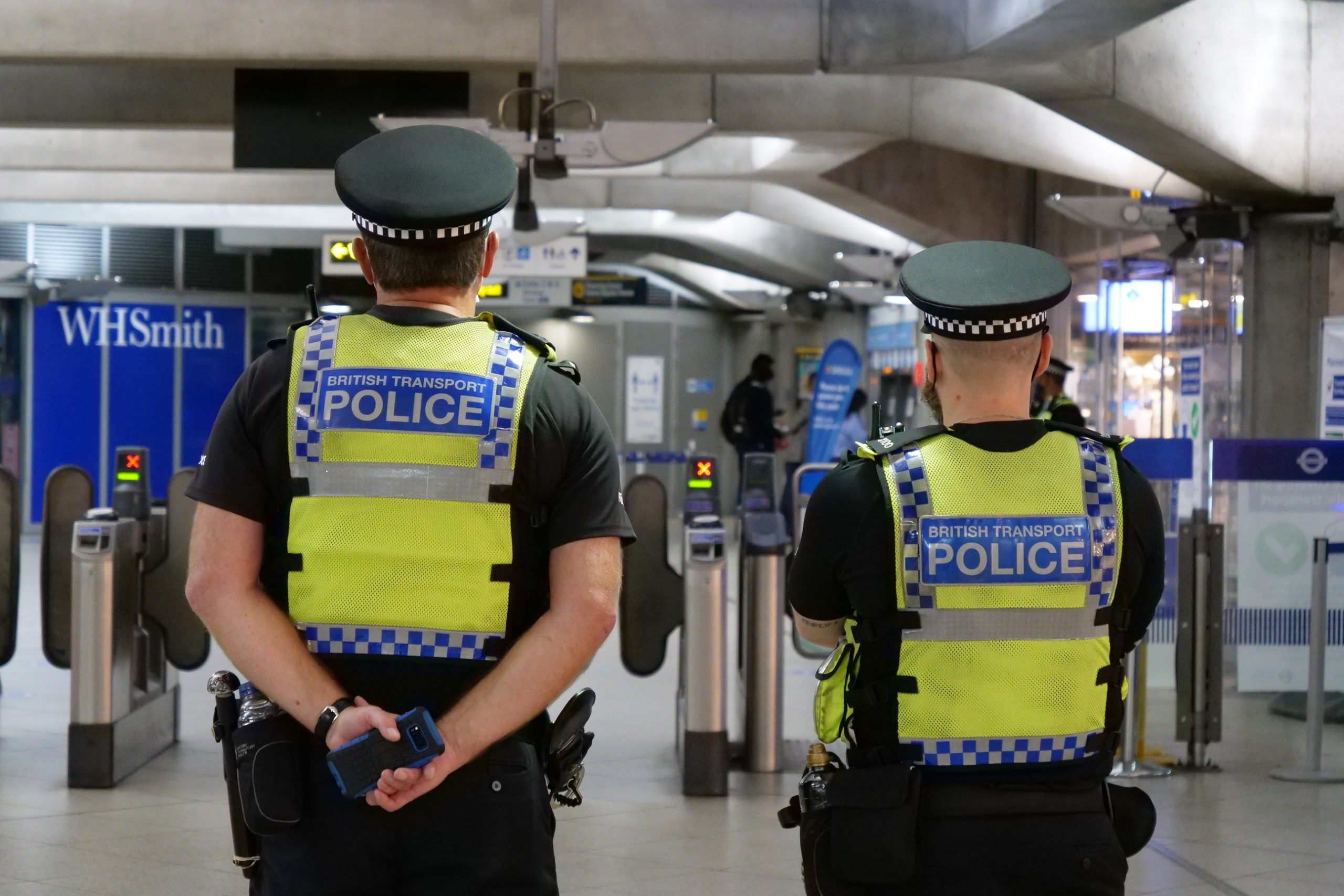According to a recent survey, almost half of young people trust social media platforms to deliver accurate news. However, when it comes to deciding which source of news to trust, the majority put their faith in the BBC, with the majority of respondents choosing the BBC as their most trusted news outlet. Surprisingly, only a small percentage of young people trust politicians to tell the truth, while a slightly higher percentage trust social media influencers.
In response to these findings, the BBC has launched the Other Side Of The Story project, aimed at helping young people between the ages of 11 and 16 to navigate the vast amount of news and information they encounter online every day. The project aims to improve media literacy skills and educate students about concepts such as echo chambers, internet algorithms, unconscious bias, fake news, and misinformation. The BBC hopes to provide young people with the tools they need to critically evaluate the information they consume and identify trustworthy sources.

The survey also revealed that the majority of young people have a good understanding of what fake news is. However, less than half of the respondents said they would actively search for evidence to support their own views and opinions. Instead, the majority would consult their parents to verify the accuracy of a news story. This highlights the importance of providing young people with the skills to think critically about the news they encounter.
BBC Director General Tim Davie emphasized the need for young people to have access to impartial and accurate information. He expressed satisfaction that the BBC has been recognized as the most trusted news source for young people. The Other Side Of The Story campaign aims to empower young people to think critically about the information they consume and to identify reliable news outlets, regardless of whether they are print, broadcast, or online.
The Other Side Of The Story campaign will provide various resources, including videos, quizzes, and classroom workshops, to help secondary school students enhance their media literacy skills. These resources will help students understand how echo chambers, internet algorithms, and unconscious bias can shape their worldview. Additionally, they will learn to recognize fake news and misinformation. The ultimate goal is to equip young people with critical thinking skills that can enable them to navigate the digital landscape effectively.
The survey involved over 2,000 young people aged between 11 and 16 across England, Scotland, Wales, and Northern Ireland. Among those who admitted to sharing fake news, a significant majority later expressed regret. Furthermore, a notable fraction of respondents believed that their opinions were more important than facts themselves. Of those who relied on social media for news updates, a considerable portion mentioned Tik Tok as their primary source.
In terms of representation, less than a quarter of young people feel that TV presenters accurately reflect their demographic. However, 40% stated that they would be more inclined to watch news on TV if the presenters were relatable to them.
Helen Foulkes, Head of BBC Education, highlighted the confusion among young people regarding where to find reliable information. While they may be moving away from traditional news sources, they are unsure about the trustworthiness of alternative platforms. Foulkes articulated hopes that by providing resources that foster critical thinking about the origin and credibility of news, young people will gain the confidence and discernment necessary for navigating the news landscape.
As part of the Other Side Of The Story campaign, BBC Bitesize will conduct workshops in schools across the UK starting from September. Moreover, the campaign will make videos and workshop plans available to all schools via the BBC Teach website later in the year.
The launch of this campaign coincides with the announcement of the national and regional winners of the annual BBC Young Reporter competition. This year, there are more winners than ever before, with representations from all nations and regions of the UK. These 40 winners will collaborate with BBC journalists, producers, and program makers to develop and present their stories across various BBC platforms, including The One Show, BBC Breakfast, BBC Three, BBC News, BBC Local Radio, and online platforms.
Additionally, Newsround, a BBC program aimed at young viewers, has selected 15 stories submitted by 11-13 year olds. Throughout the year, these stories will be featured online, covering a wide range of topics, including the experience of being a young carer to the issue of online gaming addiction.






Leave a Reply